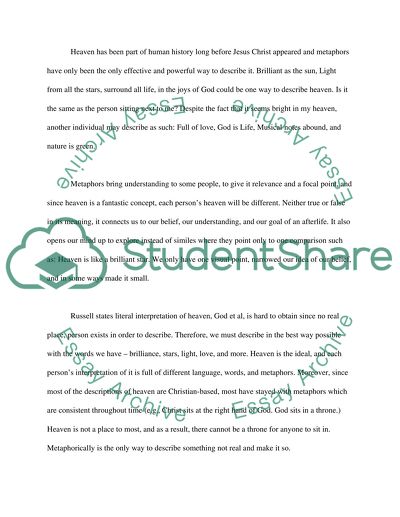Cite this document
(“Paradise Mislaid by Jeffrey Burton Russell Book Report/Review”, n.d.)
Paradise Mislaid by Jeffrey Burton Russell Book Report/Review. Retrieved from https://studentshare.org/miscellaneous/1526309-paradise-mislaid-by-jeffrey-burton-russell
Paradise Mislaid by Jeffrey Burton Russell Book Report/Review. Retrieved from https://studentshare.org/miscellaneous/1526309-paradise-mislaid-by-jeffrey-burton-russell
(Paradise Mislaid by Jeffrey Burton Russell Book Report/Review)
Paradise Mislaid by Jeffrey Burton Russell Book Report/Review. https://studentshare.org/miscellaneous/1526309-paradise-mislaid-by-jeffrey-burton-russell.
Paradise Mislaid by Jeffrey Burton Russell Book Report/Review. https://studentshare.org/miscellaneous/1526309-paradise-mislaid-by-jeffrey-burton-russell.
“Paradise Mislaid by Jeffrey Burton Russell Book Report/Review”, n.d. https://studentshare.org/miscellaneous/1526309-paradise-mislaid-by-jeffrey-burton-russell.


